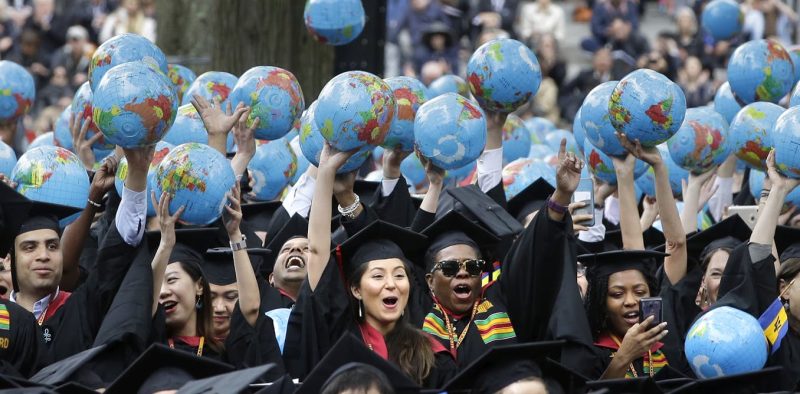
In May 2025, a Boston federal judge temporarily blocked a Trump administration order that would have revoked Harvard University’s authorization to enroll international students. This action escalated an ongoing conflict between the administration and the prestigious Ivy League institution, highlighting a broader campaign to increase vetting and screening of foreign nationals, including students. The Department of Homeland Security accused Harvard of fostering a hostile campus climate by accommodating groups deemed “anti-American” and “pro-terrorist,” a claim stemming from the university’s support for certain political groups and their on-campus activities.
Earlier that year, the Trump administration revoked the immigration statuses of thousands of international students listed in a government database, raising concerns about the potential impact on universities and the economy. Harvard’s international student population constitutes 27% of its total enrollment, making the potential ban a significant blow to both the university’s atmosphere and the local economy.
This incident isn’t an isolated event. The Trump administration previously threatened to revoke Harvard’s tax-exempt status, a move legal experts argue is legally dubious and requires a thorough IRS audit before action can be taken. This action, along with others, is seen as part of a broader attempt to exert control over Harvard, particularly concerning its diversity initiatives and response to discrimination claims.
The implications of restricting international student enrollment extend far beyond Harvard’s campus. The US has long been a leading destination for international students, but increased screening and vetting could deter future applicants. This could negatively impact the US economy, science, technology, and national security, potentially undermining the administration’s own “America First” agenda. International students contribute significantly to local economies through tuition payments, living expenses, and the creation of new jobs; their absence would represent a substantial economic loss.
Furthermore, the narrative surrounding international students often includes unfounded concerns about displacement of domestic students. These concerns frequently overlook the significant contributions of international students to the global standing of US universities and their roles in national security, international development, and globalization. In short, the debate surrounding international student enrollment at Harvard represents a complex interplay of political maneuvering, economic considerations, and the broader role of higher education in a globalized world. The long-term consequences of policies restricting international student access to US universities remain to be seen.










